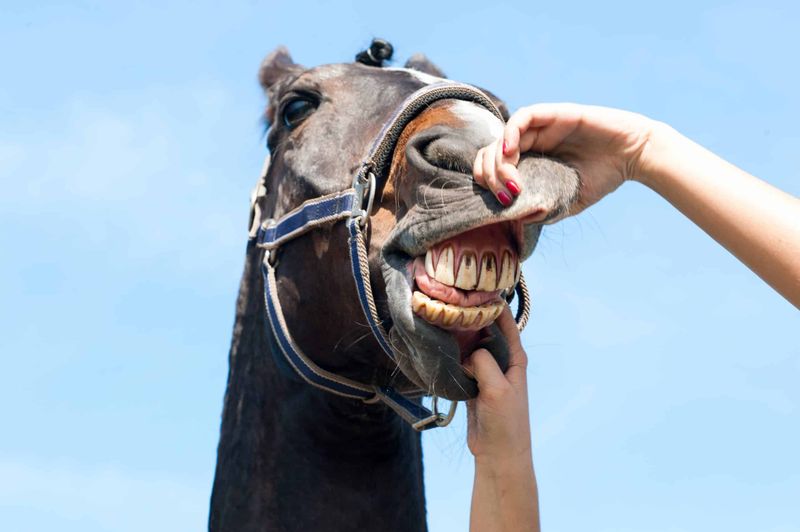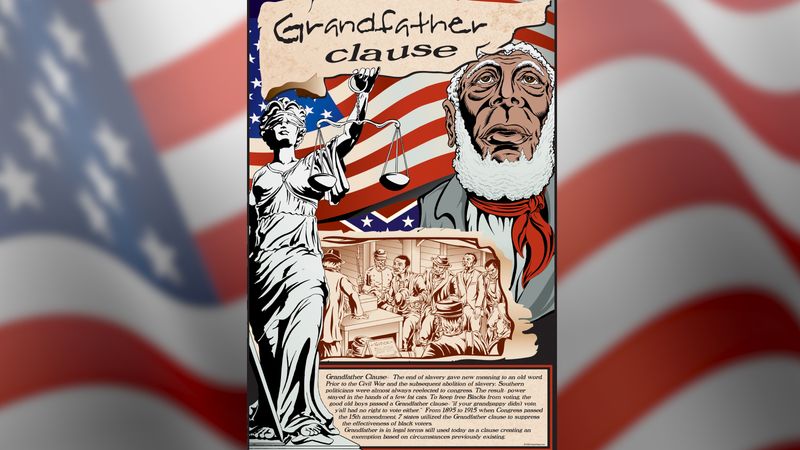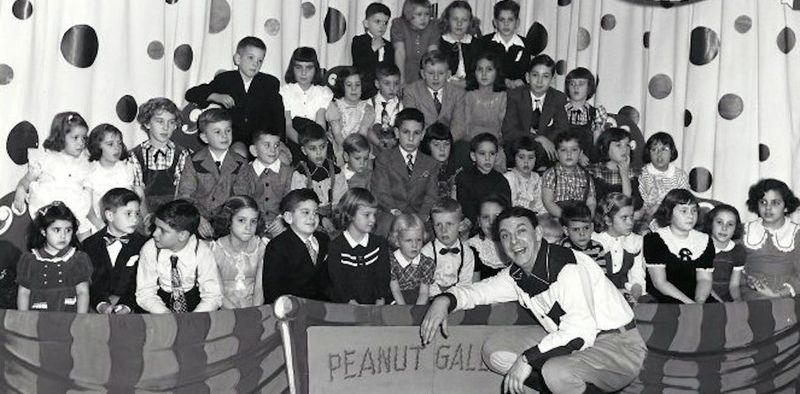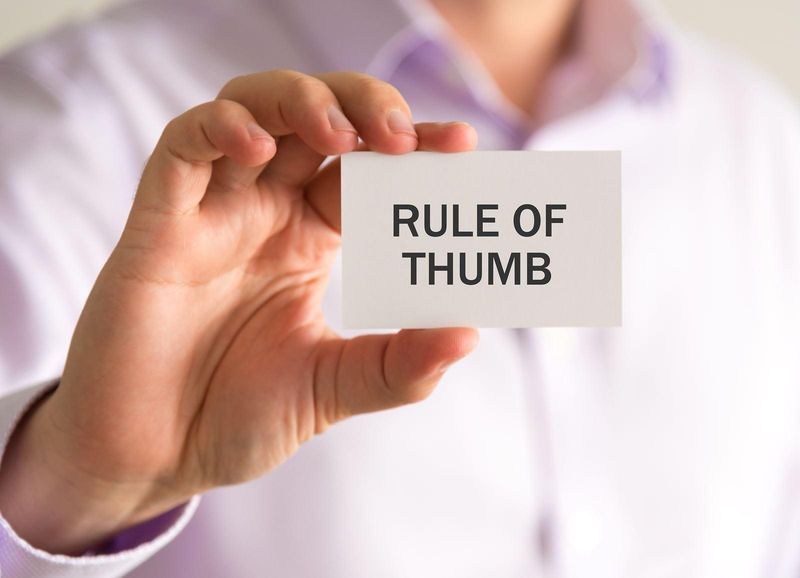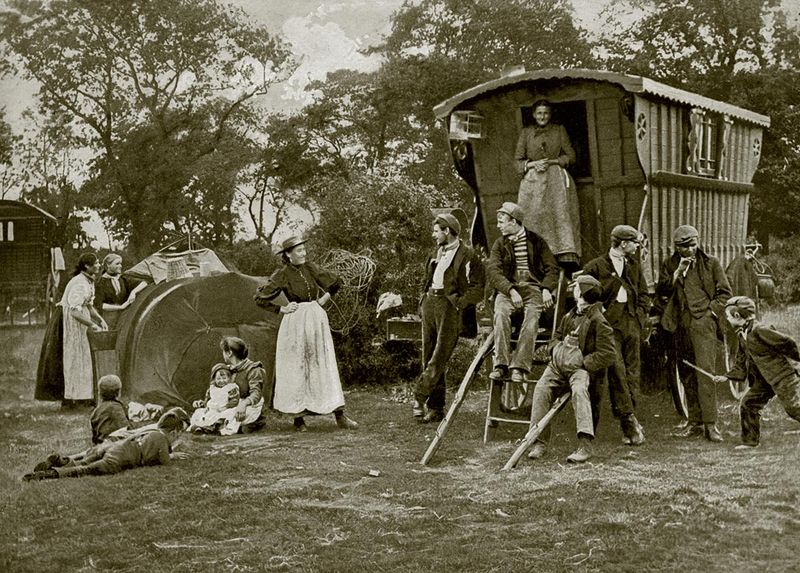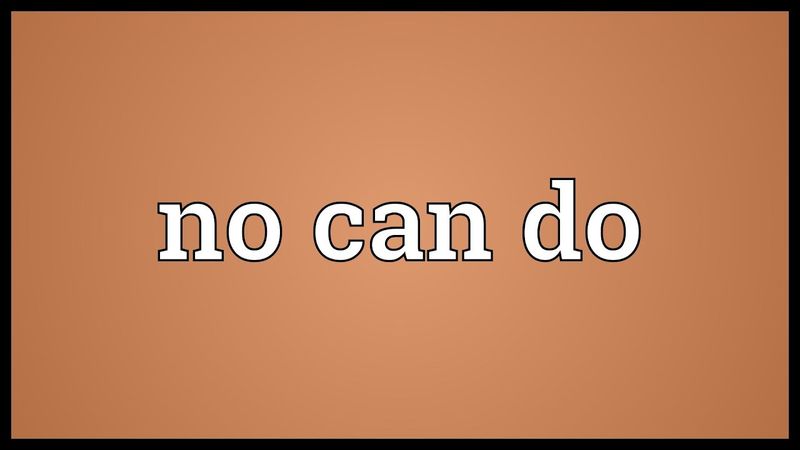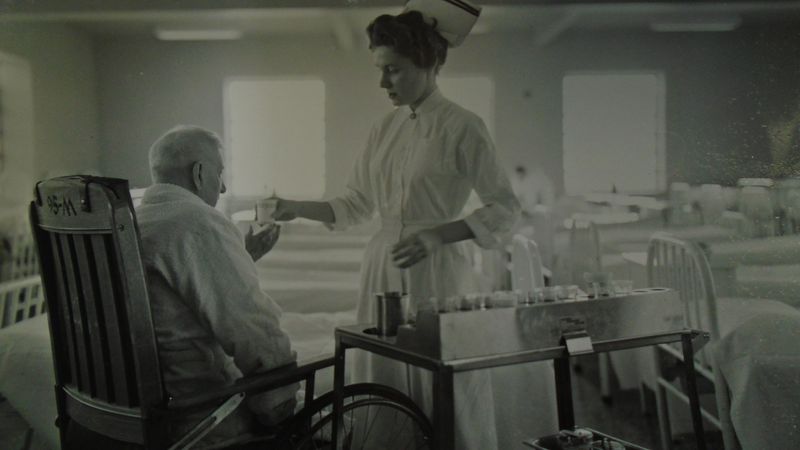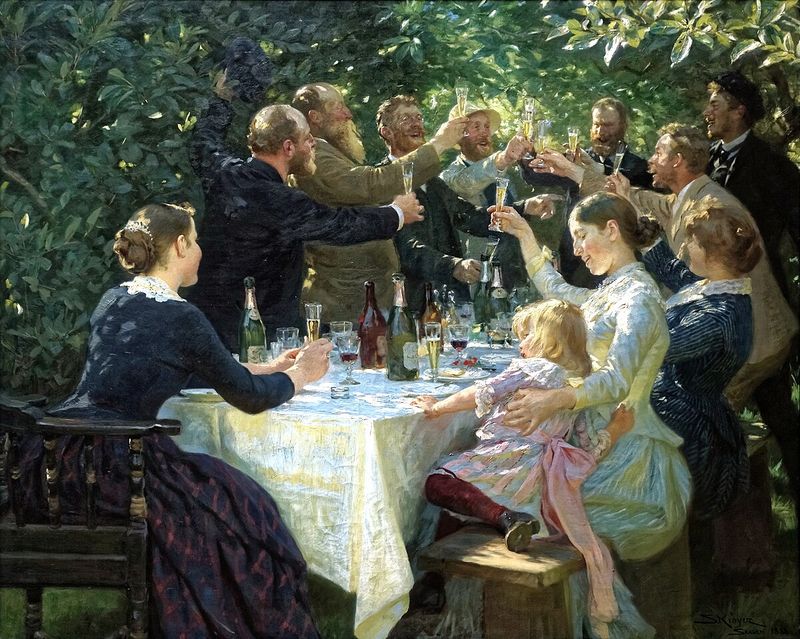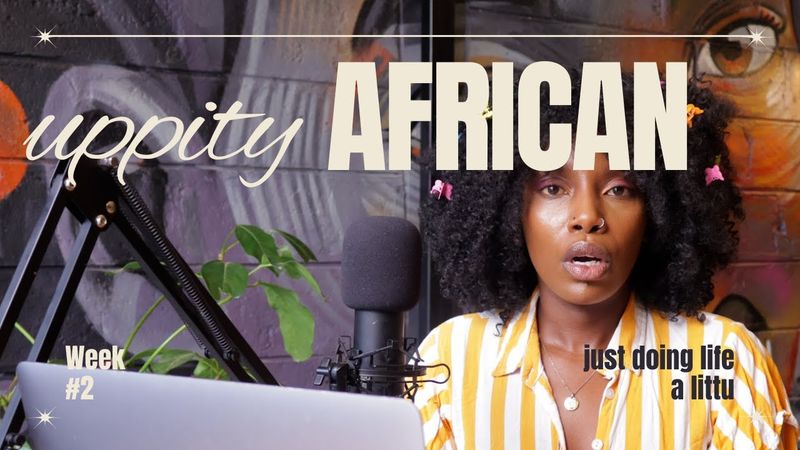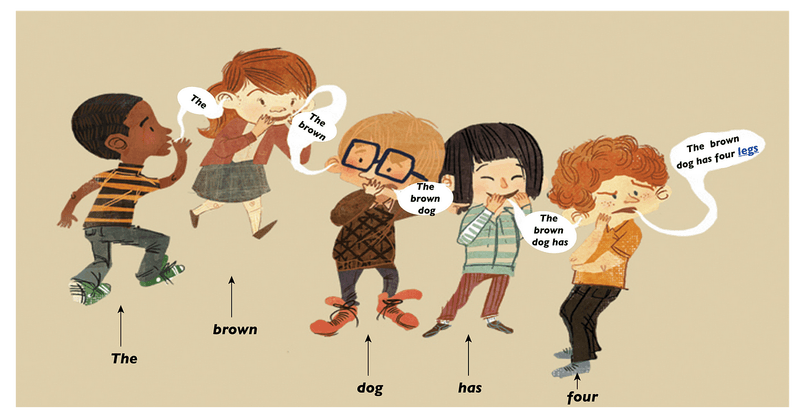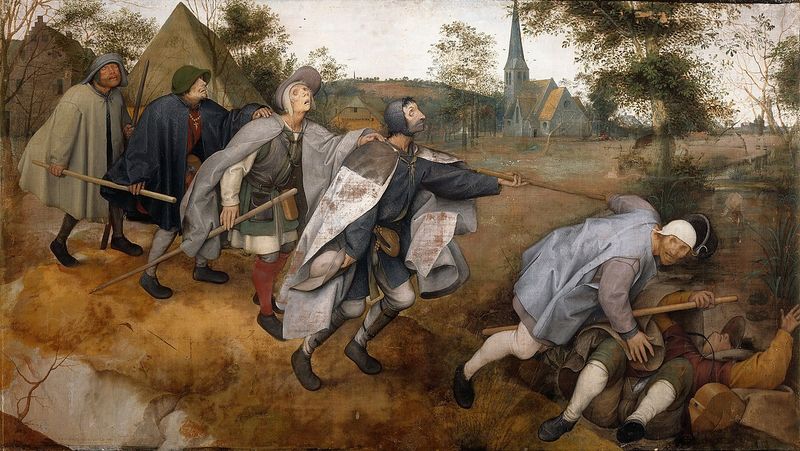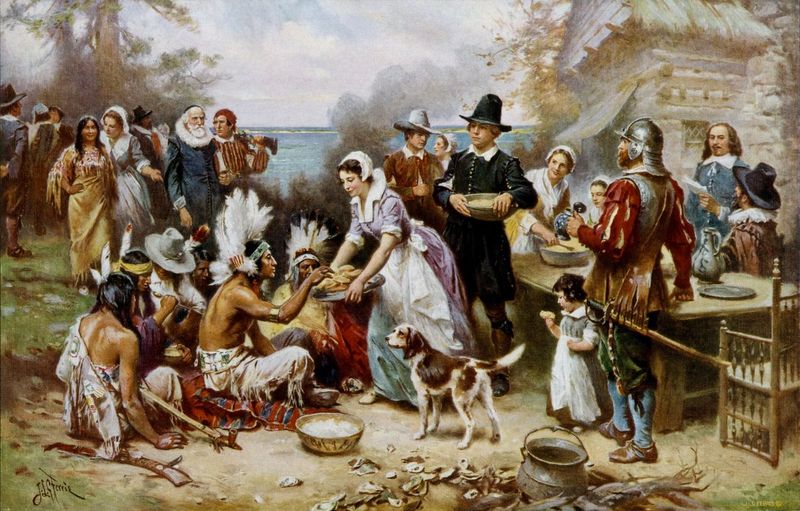As language evolves, certain expressions that were once popular can become outdated or even offensive. This list explores 16 boomer expressions that have fallen out of favor and are now often considered off-limits.
These phrases, once common in day-to-day conversations, might raise eyebrows or cause misunderstandings in today’s more inclusive and aware society.
From expressions that inadvertently carry racial connotations to those that simply don’t resonate with younger generations, this list highlights why these phrases have lost their place in modern vernacular.
1. Long in the Tooth
“Long in the tooth” is an expression that refers to someone being old, originating from a time when horses were judged by the length of their teeth, which grow with age. In today’s society, where ageism is a concern, this phrase can be seen as derogatory.
The expression can inadvertently suggest that being old is negative or undesirable. Older individuals may find it dismissive or offensive, and it’s best to avoid it in conversations.
Instead, try acknowledging one’s experience and wisdom, which can be more respectful and accurate.
2. Off the Reservation
“Off the reservation” originally referred to Native Americans leaving reserve lands without permission. Today, it can be seen as disrespectful due to its historical context and the implication of breaking away from societal norms.
This phrase can perpetuate stereotypes and misunderstanding, especially in environments promoting inclusivity.
A more appropriate way to convey the intended meaning might be “going rogue” or “acting independently.” These alternatives lack the problematic historical baggage and are clearer in their contemporary context.
3. Grandfathered In
The term “grandfathered in” refers to exempting someone from new rules due to old ones. Its roots lie in post-Civil War America, where it was used to prevent African Americans from voting.
Despite common use in legal and business contexts, it can remind people of its discriminatory past.
Opting for terms like “legacy” or “exempt” clarifies the intention without conjuring historical inequities. These alternatives help maintain clarity while avoiding unnecessary offense or discomfort.
4. Sold Down the River
“Sold down the river” originally referred to slaves being sold and sent to harsher conditions in the Deep South. Its usage today to describe a betrayal can be deeply hurtful, given its historical context.
Using this phrase may inadvertently trivialize the suffering of those who lived through slavery.
Alternatives like “betrayed” or “let down” convey similar meanings without evoking painful historical associations, making them more suitable for modern conversations.
5. Peanut Gallery
The “peanut gallery” refers to a former part of a theater where the least expensive seats were located, usually occupied by people of lower social standing. Today, it can be seen as dismissive or belittling.
This phrase implies that opinions from the “cheap seats” are less valuable, which can be offensive.
Using terms like “audience” or “critics” is a more inclusive way to refer to commentary, avoiding the negative social implications of the original phrase.
6. Rule of Thumb
The phrase “rule of thumb” is often used to describe a general principle based on experience rather than theory. However, its origins are rumored, albeit inaccurately, to be linked to an old law allowing men to beat their wives with sticks no thicker than their thumbs.
While this origin is debunked, the association can still be unsettling.
Consider using more descriptive terms like “guideline” or “general principle,” which are clearer and devoid of the potentially distressing connotations.
7. Gyp
“Gyp” is slang for cheating or swindling and originates from the word “Gypsy,” referring to the Romani people. It perpetuates stereotypes that are harmful and inappropriate.
This term can reinforce negative connotations and biases against a marginalized community.
Opt for terms like “cheat” or “swindle” to describe dishonest behavior without invoking ethnic stereotypes. These alternatives promote fairness and respect in language.
8. No Can Do
“No can do” is a phrase mimicking Chinese Pidgin English, reflecting historical mockery of Chinese immigrants’ speech. Used to express inability or refusal, it can be seen as culturally insensitive.
The phrase can invoke stereotypes that are outdated and offensive.
Instead, using straightforward language like “I can’t” or “unable to” is clearer and avoids perpetuating linguistic mockery. These alternatives are more respectful and maintain the intended meaning without cultural insensitivity.
9. Basket Case
“Basket case” was used in World War I to describe soldiers who lost limbs and needed to be carried in baskets. Today, it’s used to describe someone as crazy or unable to cope.
This term can be offensive to those with mental health issues, trivializing their experiences.
Using terms like “overwhelmed” or “stressed” provides clarity without the historical baggage, creating a more supportive dialogue.
10. Hip Hip Hooray
“Hip hip hooray” is a cheer of celebration with controversial origins linked to anti-Semitic chants in 19th-century Europe. While the connection is largely forgotten, some find its use troubling.
For those aware of its past, the phrase can be unsettling, even if intended as joyful.
Opting for straightforward cheers like “hooray” ensures inclusivity and avoids inadvertently evoking disturbing historical events.
11. Uppity
“Uppity” was historically used to describe African Americans who were perceived as not knowing their place during the Jim Crow era. Using it today can be offensive due to its racist undertones.
The term suggests arrogance in a way that recalls derogatory racial connotations.
Choosing words like “arrogant” or “pretentious” conveys the same meaning without the baggage of racial history, making it more appropriate for contemporary use.
12. Chinese Whispers
“Chinese whispers” describes a game where a message is distorted as it’s passed along. Originating in Britain’s colonial era, it reflects stereotypes of Chinese as unintelligible.
The term can be offensive, perpetuating outdated stereotypes and cultural insensitivity.
Alternatives like “telephone game” focus on the activity rather than cultural implications, offering a neutral way to describe the phenomenon without historical baggage.
13. Crusade
“Crusade” refers to medieval religious wars but is often used metaphorically today to describe a passionate campaign. Its historical connotations of religious conflict can be unsettling.
Using this term can unintentionally evoke images of violence and intolerance from history.
Instead, words like “campaign” or “initiative” maintain the intended message without suggesting historical religious conflict, offering a more peaceful alternative.
14. The Blind Leading the Blind
“The blind leading the blind” originates from a biblical parable and is used to describe inept leadership. However, it can be offensive to visually impaired people, suggesting incompetence.
This phrase can perpetuate negative stereotypes about blindness and ability.
Consider using alternatives like “unqualified leadership” or “inept guidance,” which convey the intended criticism without disparaging those with disabilities.
15. Lame
“Lame” is often used to describe something uninteresting or uncool, but it originally referred to physical disability. Its casual use today can be offensive to those with disabilities.
The term trivializes the challenges faced by individuals with physical limitations.
Using terms like “unimpressive” or “boring” keeps the conversation respectful and focused on the intended criticism without marginalizing those with disabilities.
16. Indian Giver
“Indian giver” refers to someone who gives a gift and then takes it back. It originates from cultural misunderstandings and stereotypes about Native Americans.
Using this term today is seen as culturally insensitive and perpetuates historical inaccuracies.
Opt for phrases like “taking back gifts” or “retracting offers” to describe the behavior without invoking cultural stereotypes. This way, the emphasis remains on the action, not the outdated and offensive stereotype.

